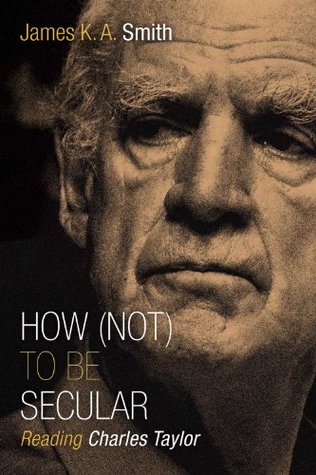In this context Taylor offers an analysis of the apologetic strategy that emerges in the midst of these shifts — not only as a response to them, but already as a reflection of them. In trying to assess just how the modern social imaginary came to permeate a wider culture, Taylor focuses on Christian responses to this emerging humanism and the “eclipses” we’ve just noted. What he finds is that the responses themselves have already conceded the game; that is, the responses to this diminishment of transcendence already accede to it in important ways (Taylor will later call this “pre-shrunk
In this context Taylor offers an analysis of the apologetic strategy that emerges in the midst of these shifts — not only as a response to them, but already as a reflection of them. In trying to assess just how the modern social imaginary came to permeate a wider culture, Taylor focuses on Christian responses to this emerging humanism and the “eclipses” we’ve just noted. What he finds is that the responses themselves have already conceded the game; that is, the responses to this diminishment of transcendence already accede to it in important ways (Taylor will later call this “pre-shrunk religion” [p. 226]). As he notes, “the great apologetic effort called forth by this disaffection itself narrowed its focus so drastically. It barely invoked the saving action of Christ, nor did it dwell on the life of devotion and prayer, although the seventeenth century was rich in this. The arguments turned exclusively on demonstrating God as Creator, and showing his Providence” (p. 225). What we get in the name of “Christian” defenses of transcendence, then, is “a less theologically elaborate faith” that, ironically, paves the way for exclusive humanism. God is reduced to a Creator and religion is reduced to morality (p. 225). The “deism” of providential deism bears many marks of the “theism” that is often defended in contemporary apologetics. The particularities of specifically Christian belief are diminished to try to secure a more generic deity — as if saving some sort of transcendenc...
...more
This highlight has been truncated due to consecutive passage length restrictions.


